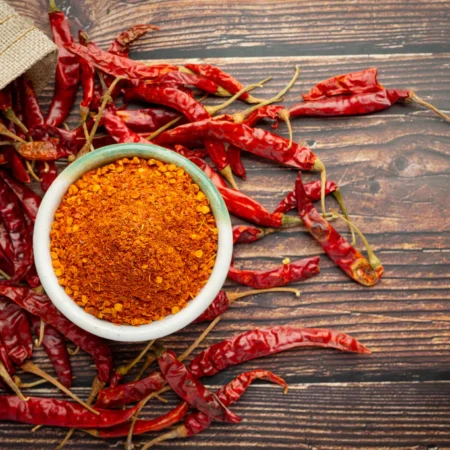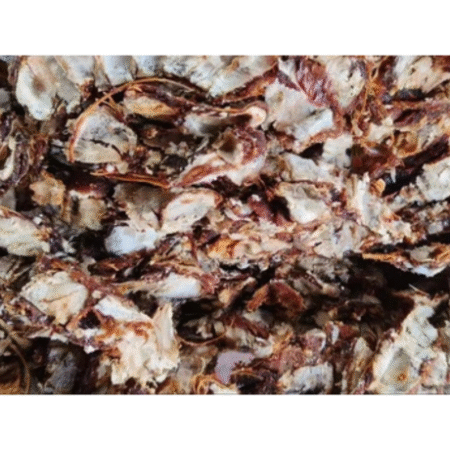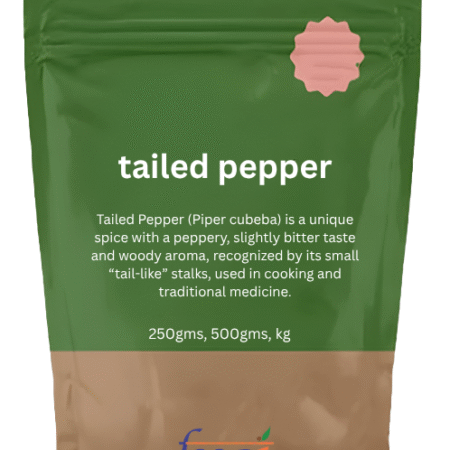Description
Tailed Pepper, scientifically known as Piper cubeba, is a spice native to Indonesia and widely used in Asian, Middle Eastern, and African cuisines. It looks similar to black pepper but can be identified by the small stalk or “tail” attached to each peppercorn. Tailed pepper has a sharp, spicy flavor with a hint of bitterness and woody undertones, making it distinct from regular pepper. Traditionally, it has been highly valued in Ayurveda, Unani, and Chinese medicine for its medicinal properties—especially for digestion, respiratory issues, and overall vitality. Today, it is used both as a culinary spice and as an herbal remedy.
Benefits of Tailed Pepper
- Aids Digestion – Stimulates digestive enzymes and reduces bloating.
- Respiratory Health – Helps relieve cough, asthma, and congestion.
- Boosts Immunity – Rich in antioxidants and antimicrobial properties.
- Anti-inflammatory – Reduces joint pain and inflammation.
- Supports Kidney & Urinary Health – Traditionally used for urinary tract infections.
- Improves Oral Health – Used in some traditional medicines for toothache and oral care.
- Enhances Blood Circulation – Stimulates healthy circulation and energy levels.
Uses of Tailed Pepper
- Culinary Spice – Added to curries, rice dishes, and spice blends for flavor.
- Pickles & Marinades – Used in preserving and flavoring traditional recipes.
- Herbal Medicine – Consumed in powders, pastes, or decoctions for health remedies.
- Ayurvedic Formulations – Used in herbal tonics, immunity boosters, and digestion aids.
- Unani & Chinese Medicine – Employed for respiratory, urinary, and digestive health.
- Perfumes & Oils – Extracts used in traditional perfumes and essential oils.
- Beverages – Sometimes infused in spiced teas and traditional health drinks.







Muthu Priya –
High purity, very neat weighing.
Sanjay Kumar M –
Fresh aroma, clean and compact.
Deepika Rani –
Quality superb, tight sealing.